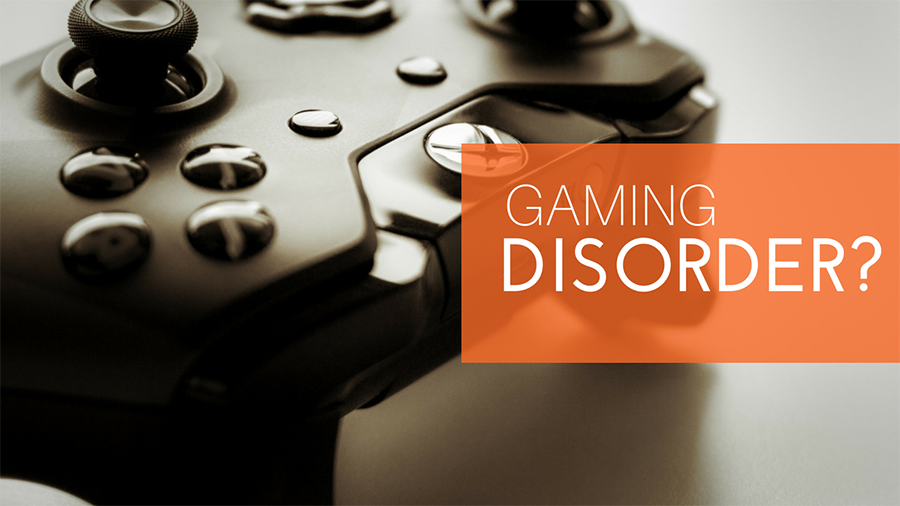
In the last few days, many consumers and industry professionals have expressed concern regarding the implications of several news articles that claim the World Health Organization (WHO) now recognizes “Gaming Disorder” as an official mental health diagnosis in the 11th update of the International Classification of Diseases (ICD-11). At Take This, our mission is to destigmatize and educate on mental health challenges, so let’s look at a few facts:
- The WHO has not officially recognized Gaming Disorder as an official diagnosis. The ICD-11 is currently in draft form, and warnings that it is not official are displayed on every page. It may change tomorrow and be removed.
- The effect of digital media has been an ongoing topic of research worldwide for years, and there are still many disagreements about the effects.
- The Diagnostic and Statistical Manual of Mental Disorders, Fifth Edition (DSM-5) is the current, comprehensive listing of diagnoses that the American medical and mental health profession uses. The DSM-5 was released in 2013 and lists a similar condition – Internet Gaming Disorder – as a “Condition for Further Study”. This means it is not an official diagnosis, and it is something that requires further research.
- There is a difference between someone who enthusiastically participates in a hobby in their free time and someone who compulsively engages in a behavior. Even if Gaming Disorder were an official diagnosis, an inherent component in every mental health diagnosis is that it must cause significant impairment and/or dysfunction in one’s life. It’s not enough that a person engages in 10-hour binge gaming sessions from time to time in their free time, or someone streams 4-hours a day as a job. A person would have to play games to the point that it negatively impacts their work life, school life, social life, or their ability to take care of themselves. On top of that, one of the proposed criteria is that one must continue to engage in gaming behaviors despite the negative consequences in one’s life.
As our collective understanding increases regarding how our lives interact with digital media, there will be new concerns and new hopes. It is our hope that factual information on this topic will quell some of the panic that sensationalized news articles may create.
This article is not a substitute for medical advice or professional counseling. While we at Take This want to provide you with resources, we do not recommend or endorse any particular site, treatment, therapy, or resource. We provide these links at our sole discretion but have not necessarily vetted or reviewed any particular resource. We assume no liability for the use of the information or resources on these sites and encourage you to use your own best judgment when reviewing these resources.
If you live in the US and you’re having suicidal thoughts, reach out to the Suicide & Crisis Lifeline or call/text 988. If you’re outside the US, you can find local crisis lines at Suicide.org. If you’re even debating whether you should call them, you should call them. The Suicide & Crisis Lifeline handles all psychological crises, not just suicide.
